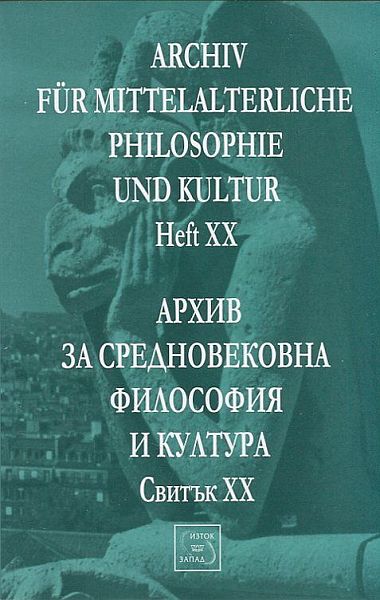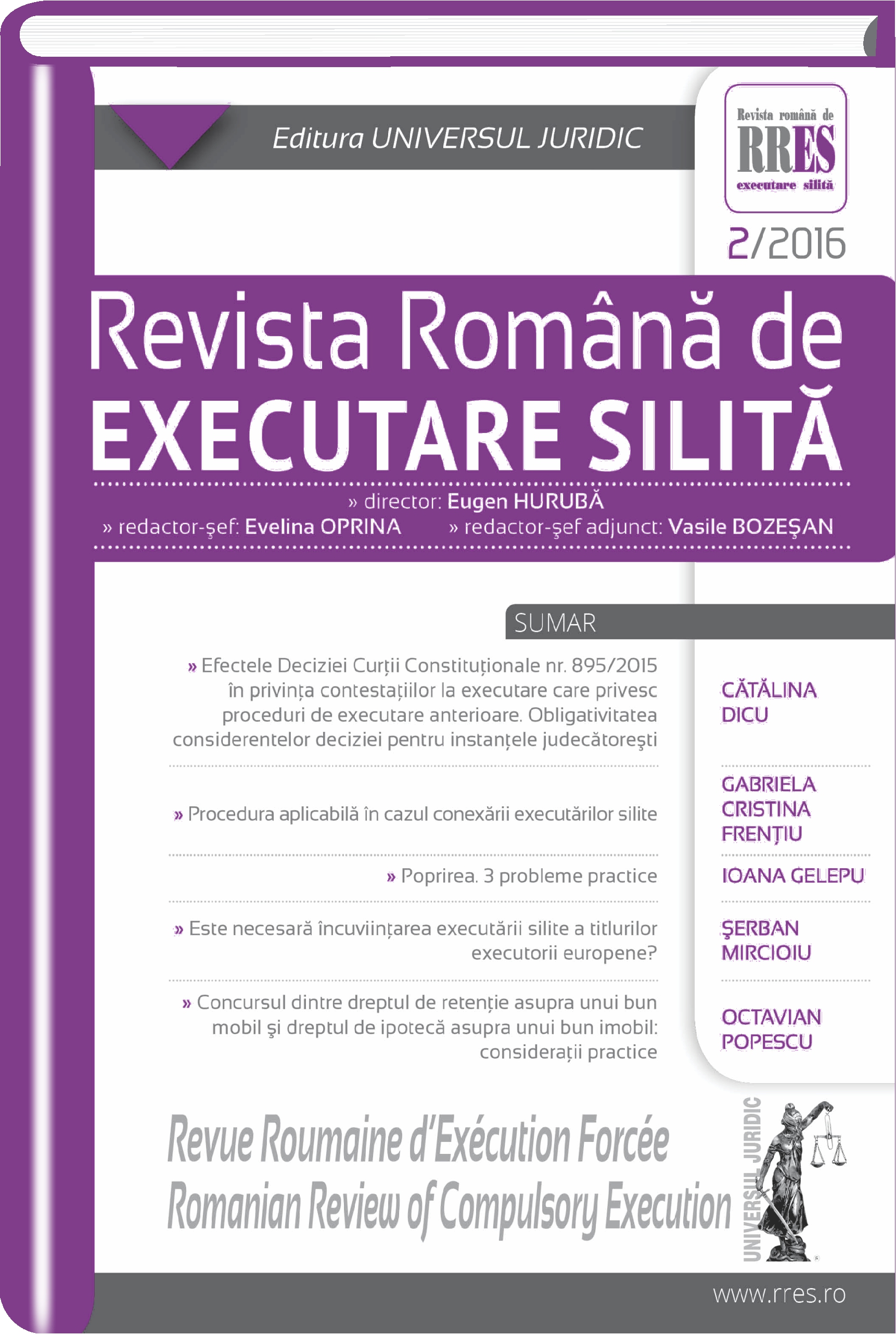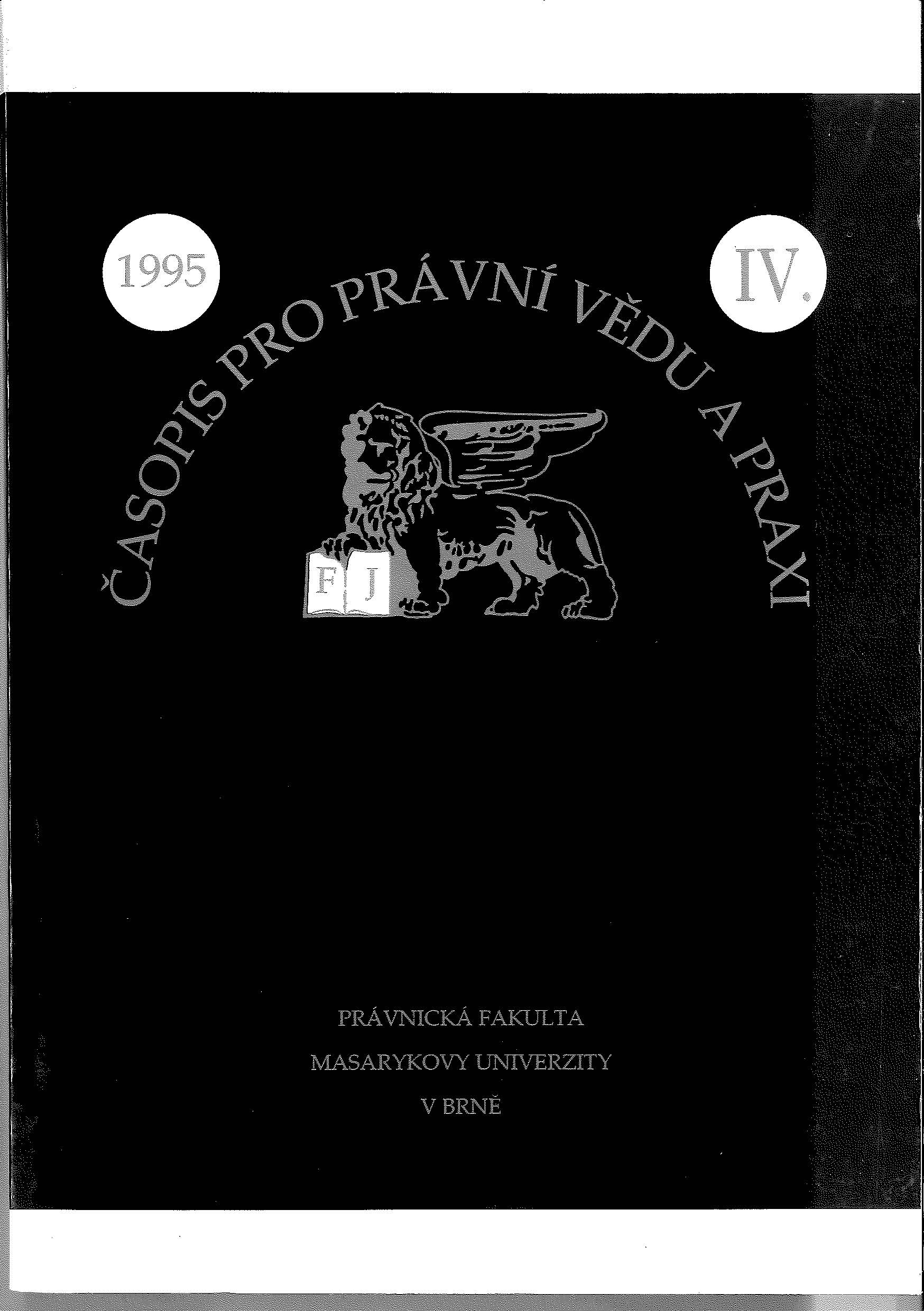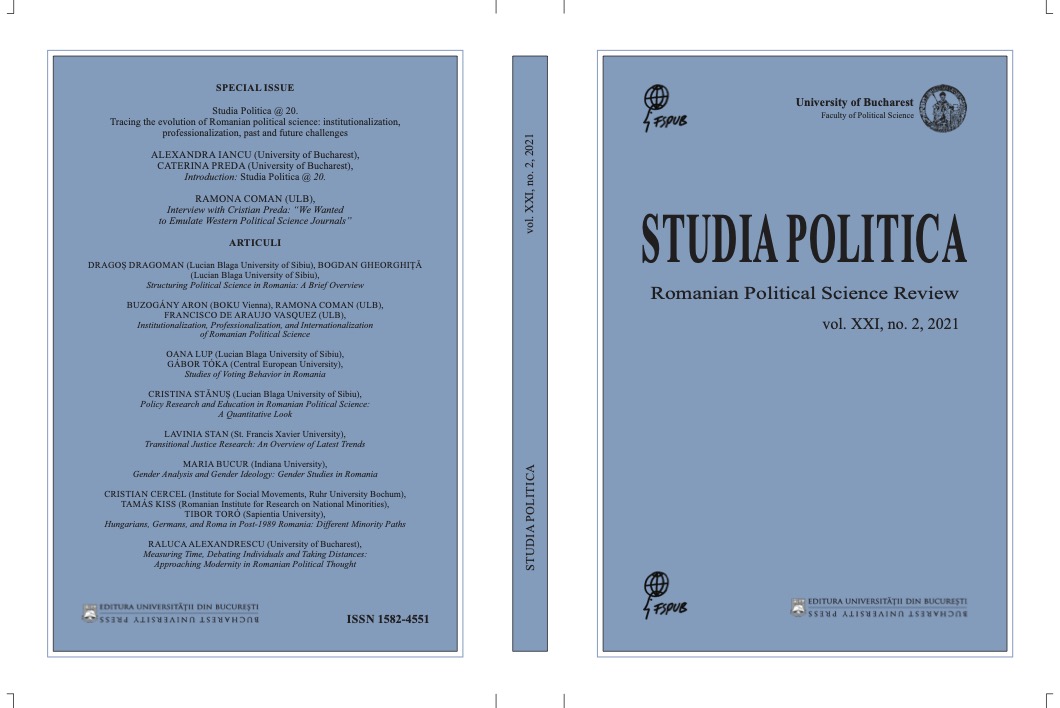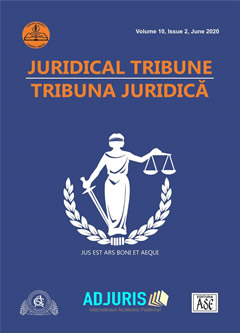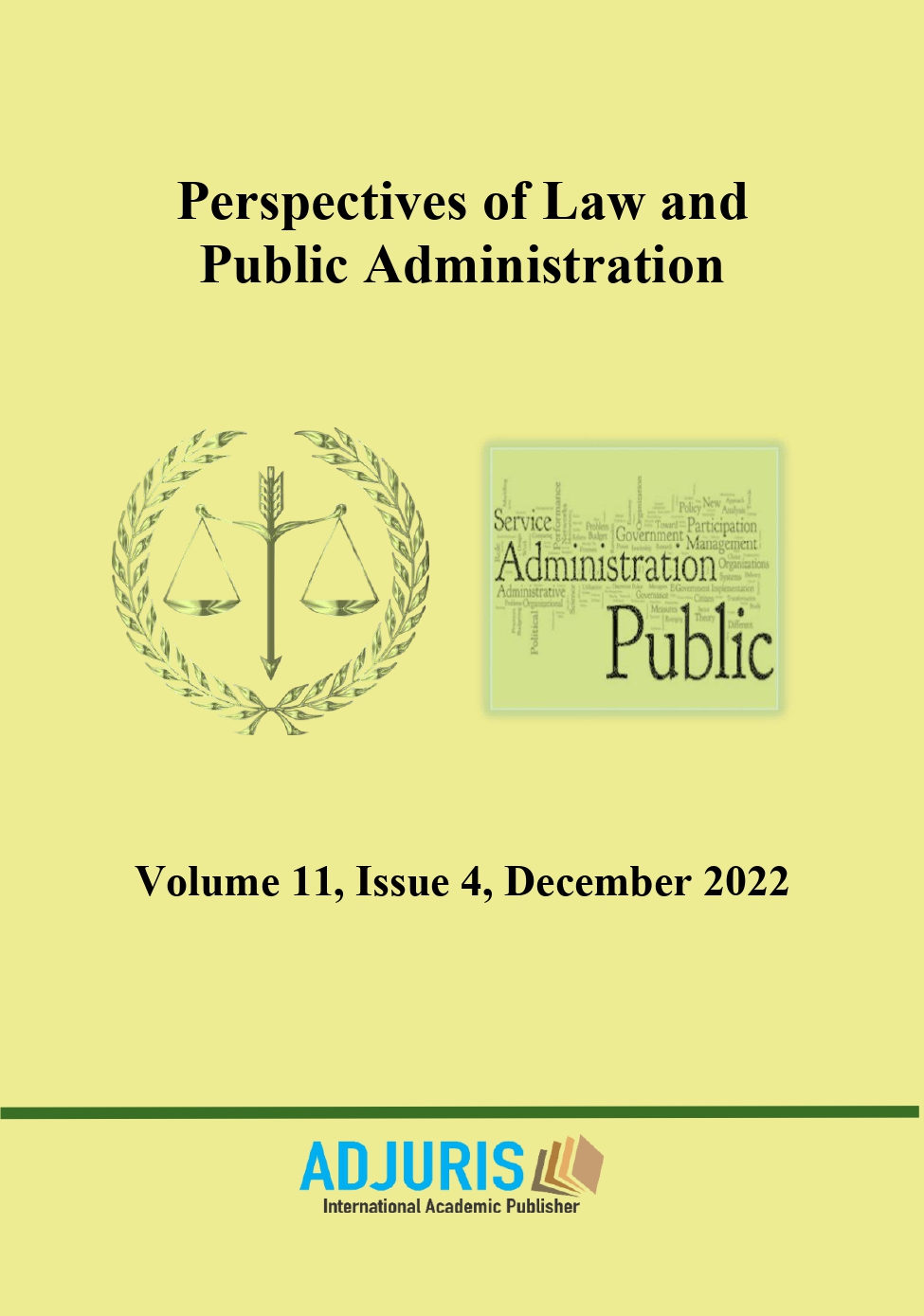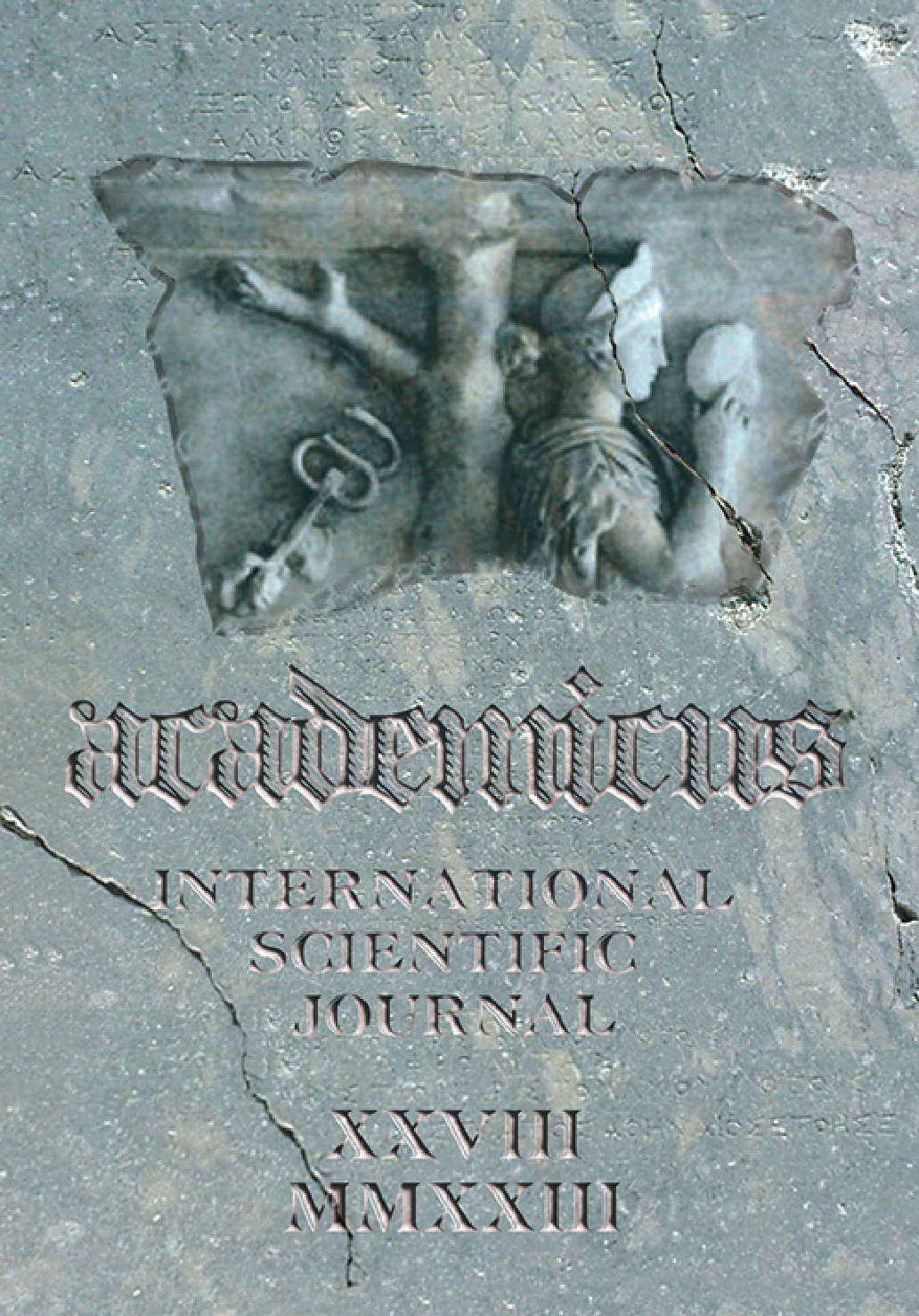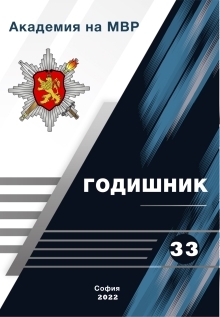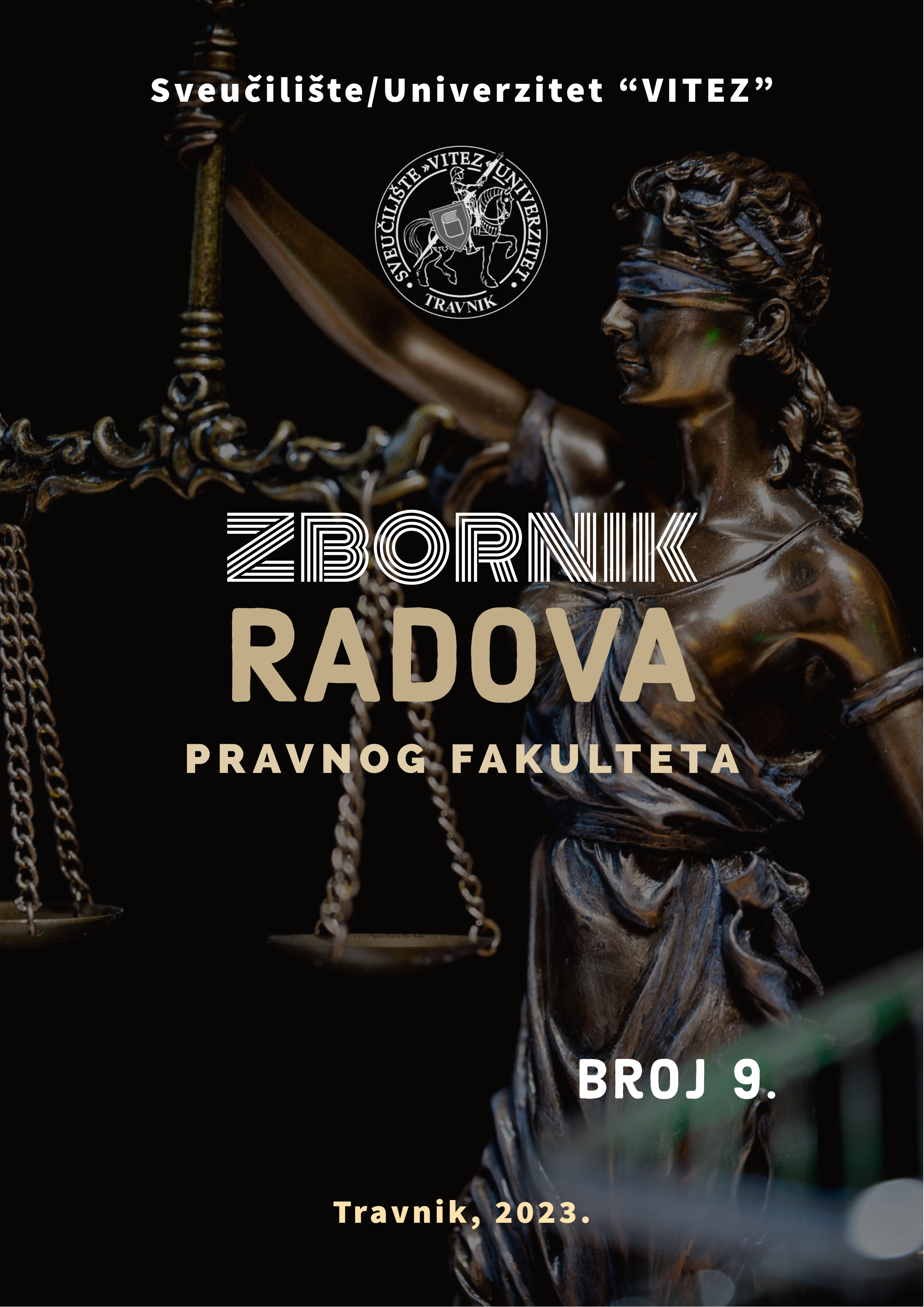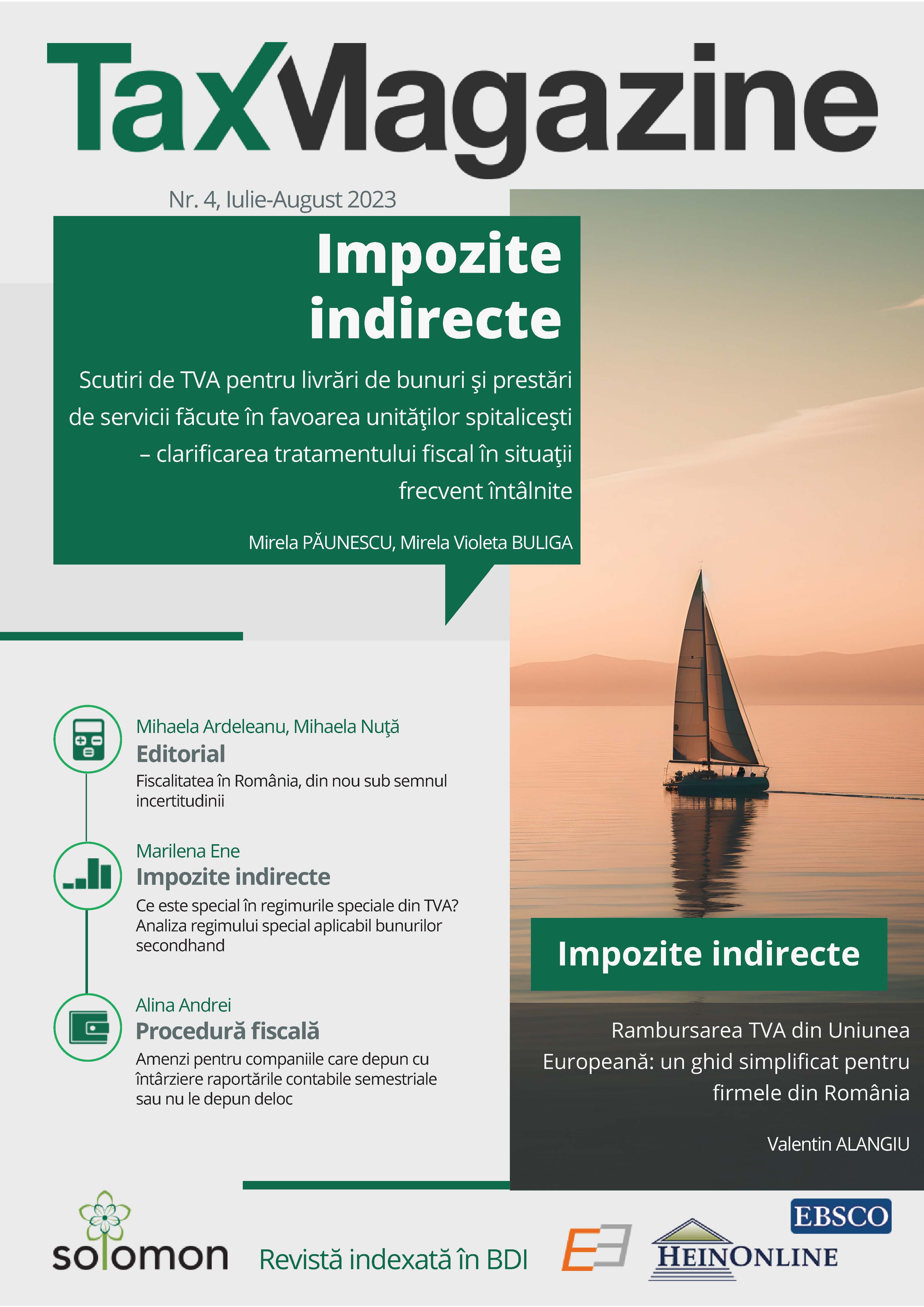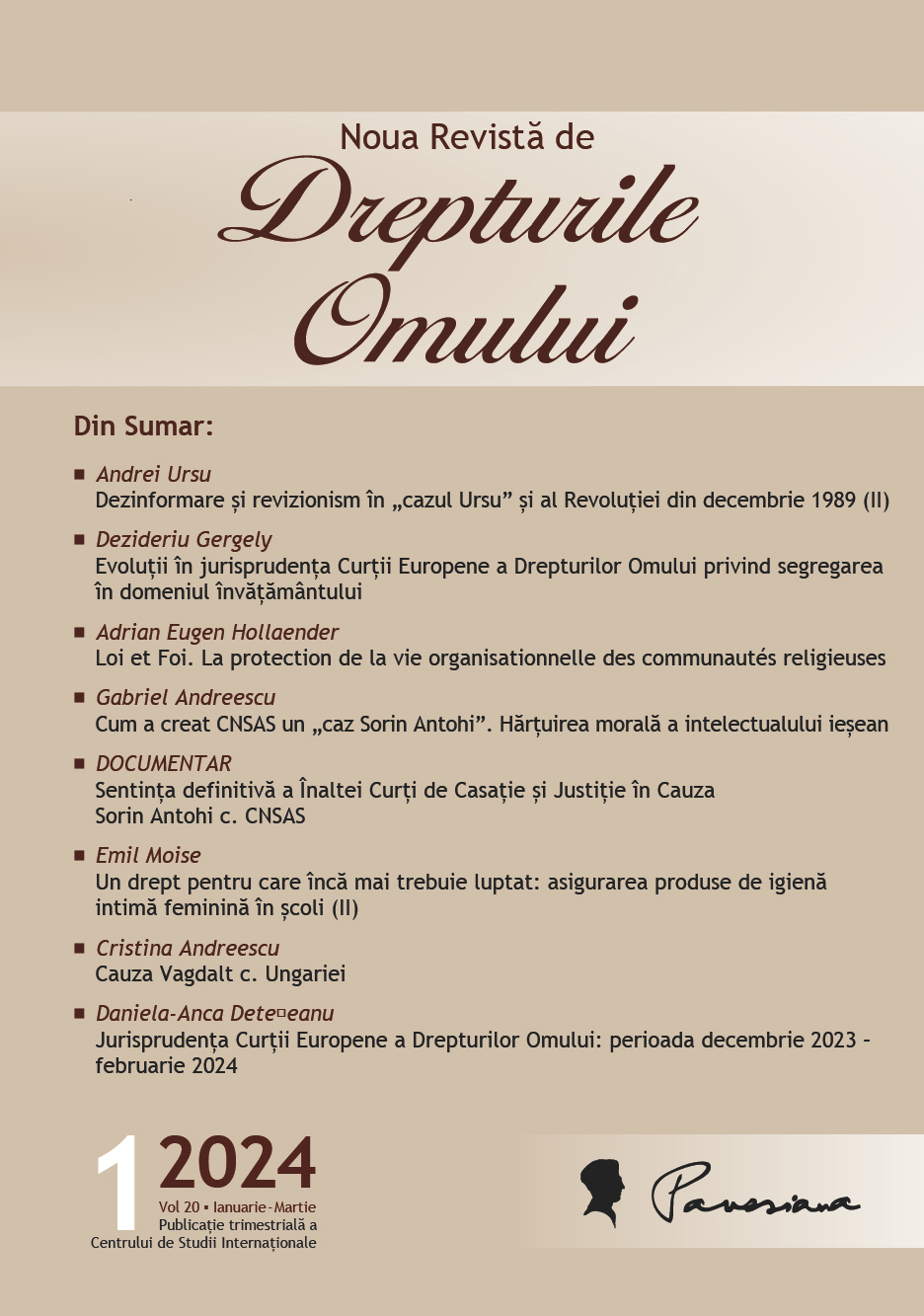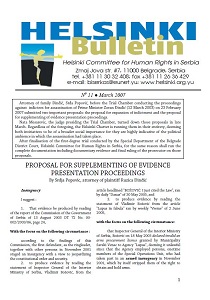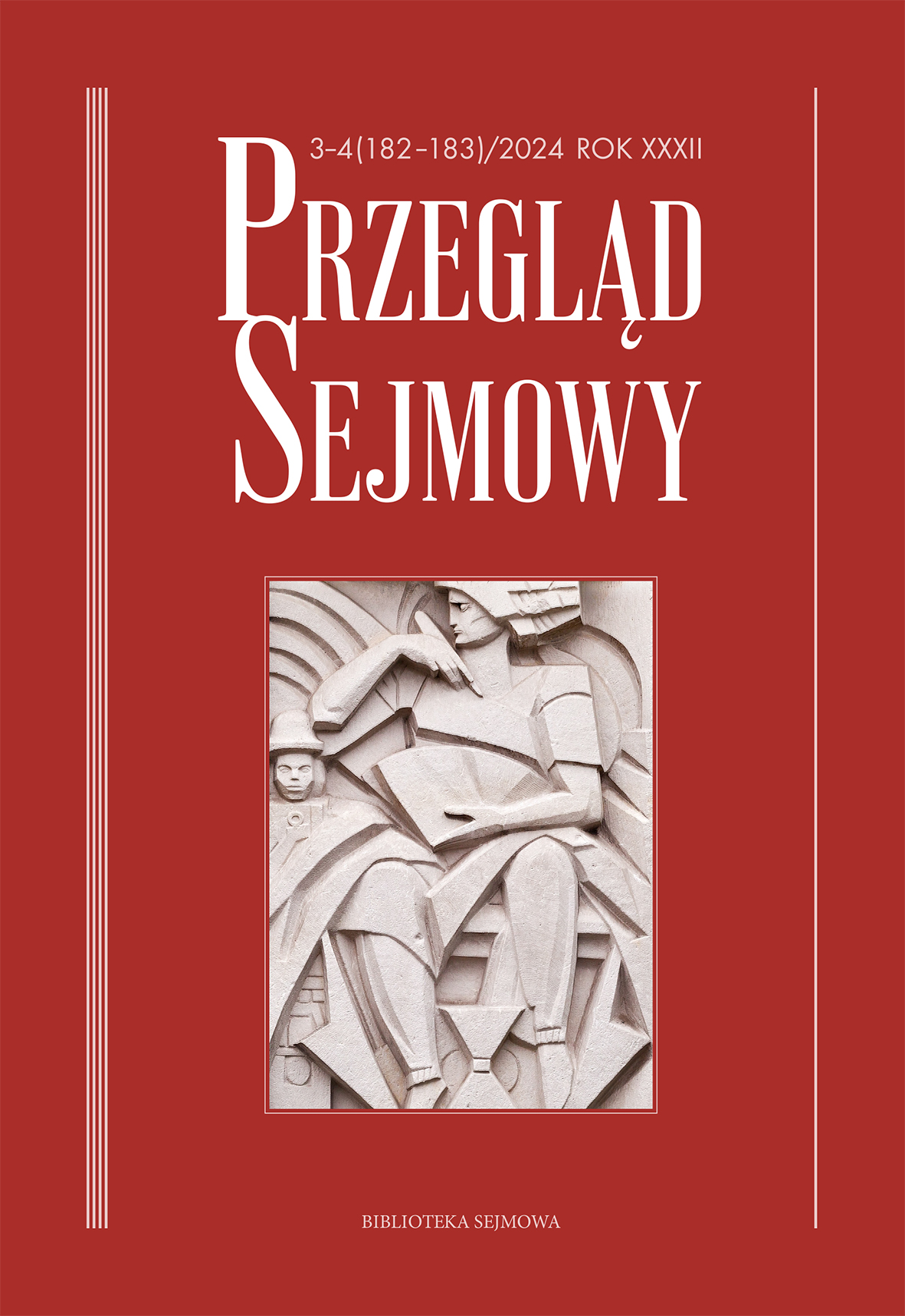Author(s): Oksana Khotynska-Nor,Iryna Izarova / Language(s): English
Issue: 4/2022
Sustainable development became an essential part of our world since we realized the fragility and limits of our system, dangerous of resource exhaustion, and insistently looking for the way to stabilyze our life and life of our descendents, to restrict risks of collapses. Last years’ catastrophes – the pandemic of COVID-19 and the war in Ukraine, both are still existed, show us undoubtedly that we have to be more careful using our resources and develop our relations in economics and politics. In this article authors made an attempt to reconsider the approaches to understanding judiciary in Ukraine, using the new coordinates – generation born since 1980 till 1996 so called Millennials (generation Y), dictating new requests to life, and, in our opinion, to justice and judiciary development. Analysis of the impact of Millennials (generation Y) on the development of the judicial system is a complex process for a number of reasons. First, the lack of formal information about the age of the parties makes it impossible to substantiate the conclusions with empirical data. Secondly, despite some generalized traits, the characteristics of Millennials differ depending on the region and country of origin, which determines their economic, social, political, and cultural differences A striking example of this are the ex-Soviet Union’s states. In majority of these countries, Millennials have become the first generation sufficiently aware of their rights, the legal ways to protect them and the role of the court as an effective tool for such protection. Their formation was accompanied by the changes in ideology, political regime and economic instability. In this article authors argue how Millennials change the judiciary in the ex-Soviet society, taking into account the specifics of the latter. The study suggests two interrelated aspects: the impact of Millennials on the development of the court as consumers of judicial services; the impact of Millennials, who come to work in the judicial system, as judges. The article substantiates the necessity of modernization of the courts, which is associated with the high technology of this generation and its vital need for information, as well as their consumerization aimed to create more sustainability justice and to answer the request of Millennials by changes of goals, by limits of expenses and by introducing the culture of peaceful and strong institutions in judiciary.
More...

